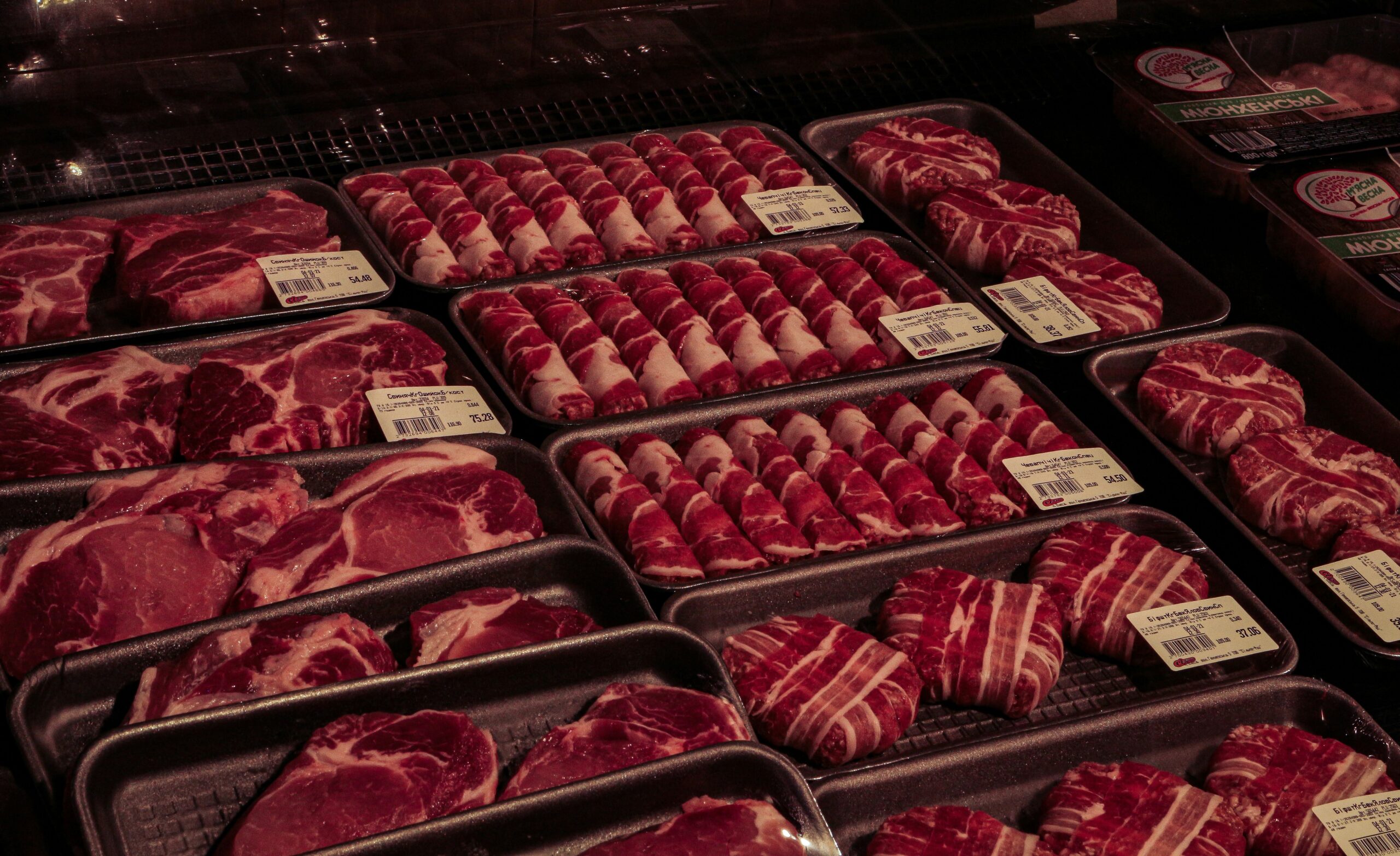Ever wondered if women should be swapping out their steaks for salads? Let’s dig into the age-old question: Is it actually healthier for women to eat less meat than men? Grab a seat, and let’s uncover the truth behind this meaty debate!

Are you ready to dive into the sizzling debate of whether women should reduce their meat consumption compared to men? Well, hold onto your forks as we carve into some juicy facts! Recent research published in Nature Scientific Reports examined the eating habits of 21,000 individuals across 23 countries and confirmed a stereotype: men tend to eat more red meat than women. But does that mean women should be munching on less meat?
The Nutritional Powerhouse of Red Meat
Red meat, including steak, pork, and processed versions like hamburgers and hot dogs, packs quite the nutritional punch. It’s rich in protein, B vitamins, iron, and zinc. Protein is essential for building and repairing muscle and bones, while B vitamins support brain health and blood cell production. Zinc is crucial for the immune system, and iron ensures oxygen is efficiently transported throughout the body and helps with hormone production.
Weighing the Risks
However, red meat’s dark side cannot be ignored. Loaded with saturated fats, it can elevate levels of low-density lipoprotein (LDL) cholesterol, leading to clogged and hardened arteries. A 2023 study from Oxford University found that diets high in unprocessed red meats increased the risk of heart disease by 9%, while those rich in processed red meat, like hot dogs and burgers, saw an 18% higher risk. Red meat also carries elevated risks for colorectal cancer and is linked to higher chances of prostate and pancreatic cancers, albeit less definitively.
Gender Differences in Nutrient Needs
While both men and women derive the same nutrients from red meat, their needs differ, particularly concerning iron. Women, especially those of childbearing age, have higher iron demands. During pregnancy, a woman’s blood volume doubles, necessitating more iron for both fetal development and maternal health. Menstrual cycles also cause women to lose iron, contributing to widespread iron deficiency among women and girls.
Should Women Eat Less Red Meat?
Experts suggest that everyone’s red meat intake should be moderate or low. Women’s specific iron needs, influenced by factors like pregnancy, menstrual cycles, and overall health, play a role in determining their optimal meat consumption. Competitive athletes may also have different iron requirements.
Notably, while red meat is a rich source of nutrients, alternative lean animal proteins offer similar benefits without the same risks. Observational studies have linked red meat to health issues, but they don’t establish causation. Interestingly, Blue Zones—regions with high longevity and low disease rates—have diets low in red meat.
Alternative Sources of Nutrients
Besides red meat, other viable sources of iron and protein exist:
- Poultry
- Seafood
- Legumes (like beans and lentils)
- Dark leafy greens
These alternatives provide essential nutrients without the associated risks of heart disease and cancer.
Balancing Your Plate
In conclusion, while men and women benefit from the nutrients in red meat, it’s wise to balance your diet. Women, due to their unique iron needs, should pay extra attention to their overall nutrient intake, potentially considering alternative sources. Moderation and a varied diet are key to long-term health.
Whether grilling a steak or sautéing some spinach, remember to balance your nutrients and listen to your body’s needs. After all, health isn’t just about what’s on your plate but how it nourishes you holistically!

